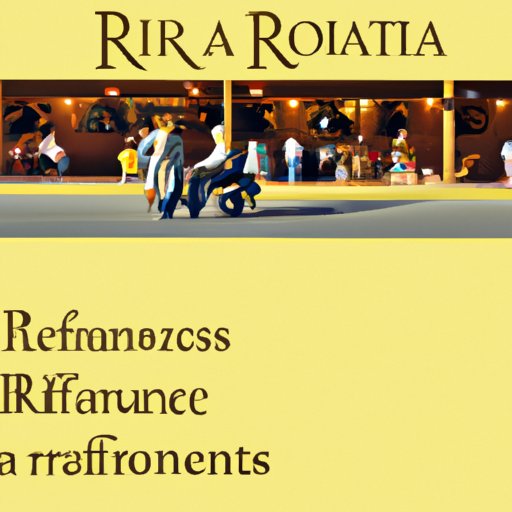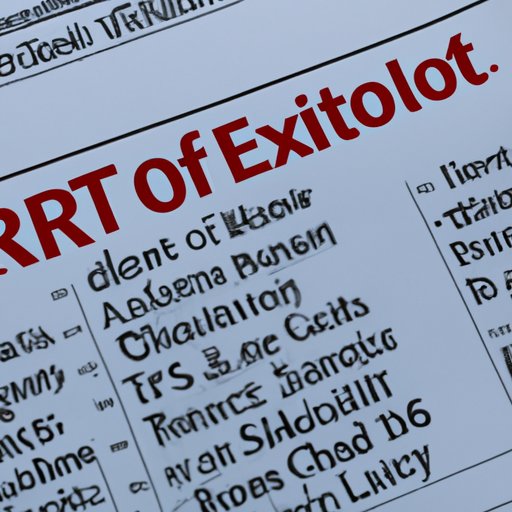Introduction
A Roth IRA (Individual Retirement Account) is a type of retirement savings plan that allows individuals to save for retirement while taking advantage of certain tax benefits. Contributions are made on an after-tax basis and all qualified distributions from the account are tax-free. The tax advantages and flexibility of a Roth IRA make it an attractive option for retirement savings.

Benefits of Investing in a Roth IRA
One of the main advantages of a Roth IRA is that contributions are made on an after-tax basis and all qualified distributions from the account are tax-free. This means that withdrawals from the account are not subject to income taxes, which can result in significant tax savings over time. Another benefit of a Roth IRA is that it offers more flexibility than other types of retirement accounts. For example, Roth IRAs have no required minimum distributions and contributions can be withdrawn without penalty at any time.
Investment Options for a Roth IRA
When deciding what investments to put in a Roth IRA, it’s important to understand the differences between traditional and Roth IRAs. Traditional IRAs are funded with pre-tax dollars, so contributions are tax-deductible and withdrawals are taxed as ordinary income. On the other hand, Roth IRAs are funded with after-tax dollars, so contributions are not tax-deductible but withdrawals are completely tax-free.
When it comes to choosing investments for a Roth IRA, there are many different types of investments available. Popular options include stocks, bonds, mutual funds, and exchange-traded funds (ETFs). Each of these investment types carries its own set of risks and rewards, so it’s important to do your research before investing. It’s also important to understand the fees associated with each type of investment, as fees can greatly reduce your returns over time.

Risk Levels of Roth IRA Investments
When investing in a Roth IRA, it’s important to understand your risk tolerance and select investments accordingly. All investments carry some level of risk, including the potential for loss of principal. It’s important to understand the different types of risks involved in each type of investment, such as market risk, inflation risk, and interest rate risk. Understanding the different types of risks can help you make informed decisions about what investments to put in a Roth IRA.

Tax Implications of Roth IRA Investments
It’s also important to understand the tax implications of investing in a Roth IRA. Contributions to a Roth IRA are made with after-tax dollars, so they are not tax-deductible. However, when you withdraw money from a Roth IRA, the withdrawals are completely tax-free. This means that any returns earned on your investments are not subject to taxation, which can provide a significant tax advantage over time.
It’s important to note that there are certain rules and restrictions when it comes to withdrawals from a Roth IRA. Any withdrawals taken before the age of 59 ½ may be subject to a 10% early withdrawal penalty, as well as regular income taxes. Therefore, it’s important to understand the rules and regulations surrounding Roth IRA withdrawals before investing.
Conclusion
A Roth IRA can be a great way to save for retirement and take advantage of certain tax benefits. Contributions are made on an after-tax basis, so withdrawals from the account are completely tax-free. There are many different types of investments available for a Roth IRA, including stocks, bonds, mutual funds, and exchange-traded funds. It’s important to understand the different types of risks associated with each type of investment, as well as the tax implications of Roth IRA withdrawals. By understanding the benefits and risks of investing in a Roth IRA, you can make informed decisions about what investments to put in your account.
For more information on investing in a Roth IRA, consult a financial advisor or visit the website of the Internal Revenue Service.
(Note: Is this article not meeting your expectations? Do you have knowledge or insights to share? Unlock new opportunities and expand your reach by joining our authors team. Click Registration to join us and share your expertise with our readers.)
